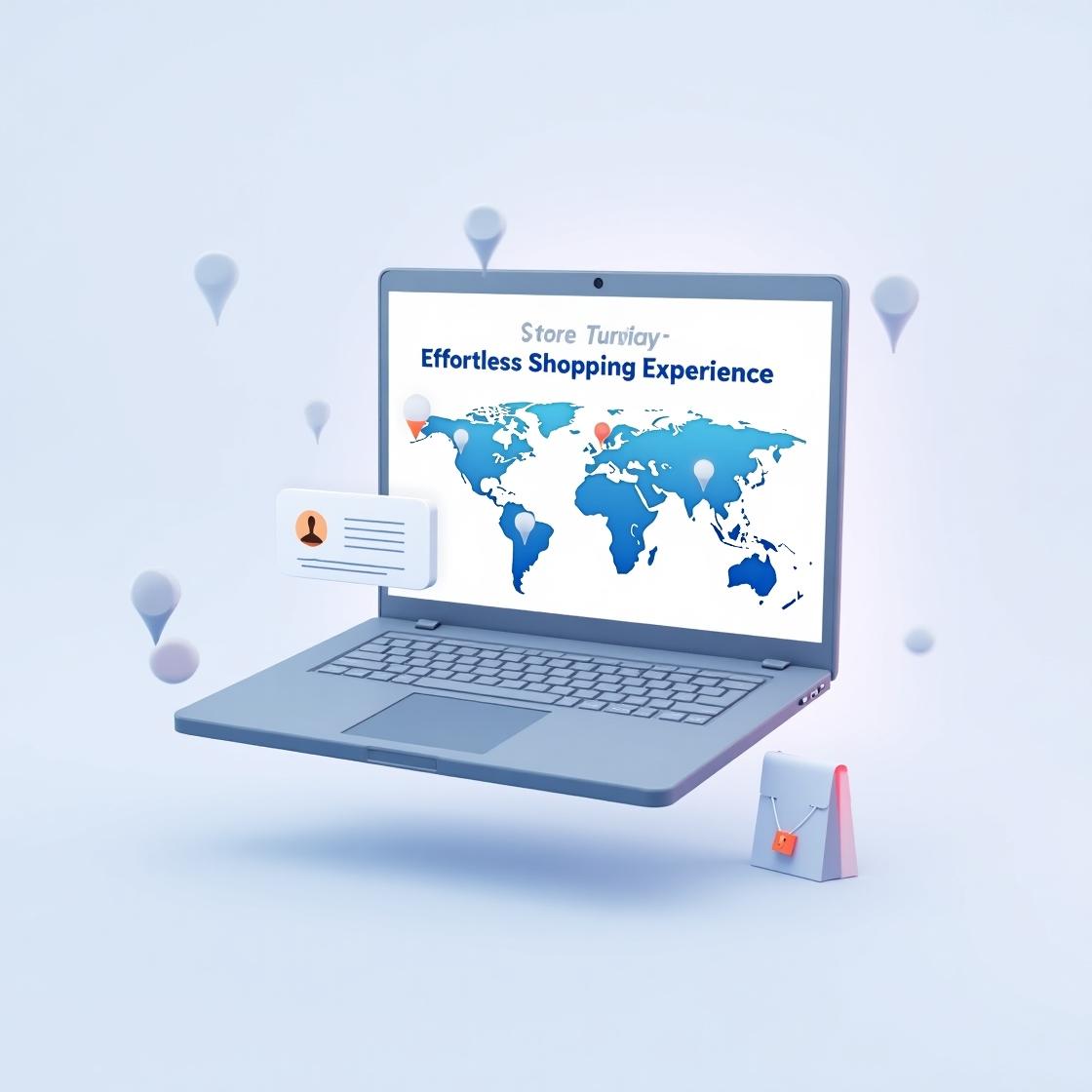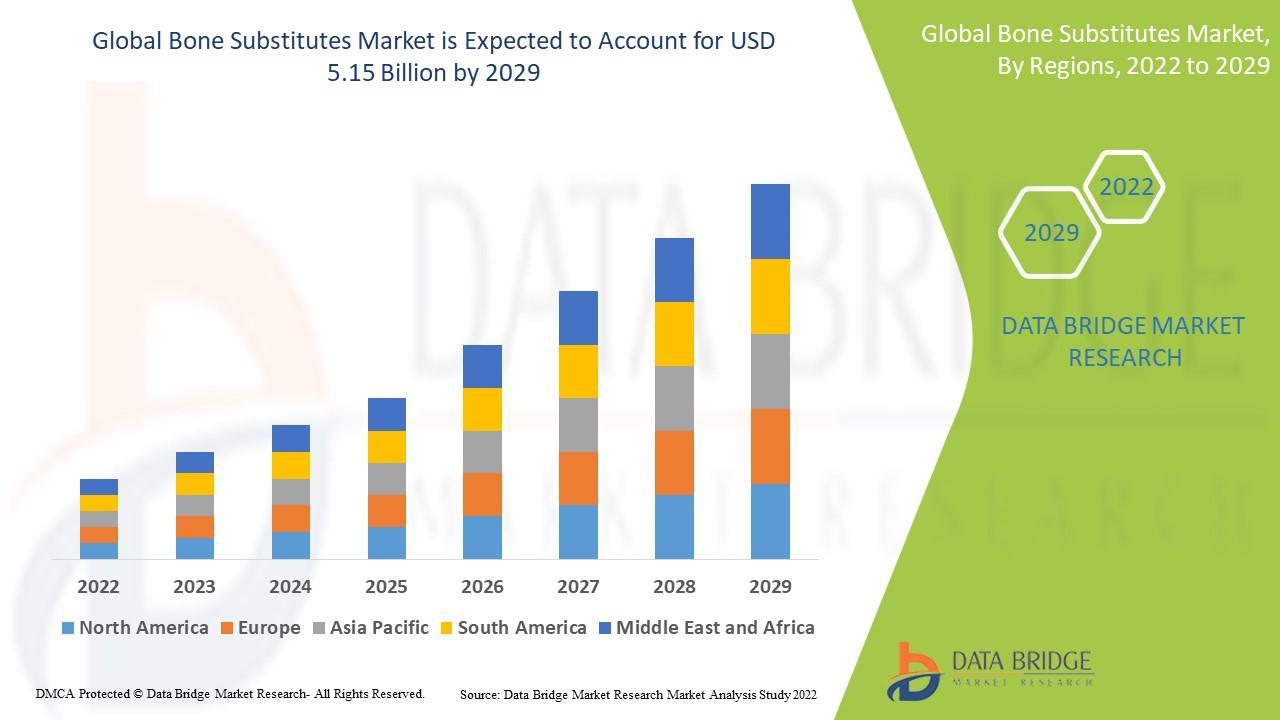How a Store Locator Can Boost Your Local SEO | Drive More In-Store Traffic

In the digital-first world, businesses with physical locations still depend heavily on foot traffic. One powerful tool often overlooked in this effort is store locator software. Designed to help customers quickly find nearby stores, this software not only enhances user experience but also strengthens your local search engine visibility. Whether you're running a national chain or managing a few regional outlets, integrating a smart store locator can significantly boost your Local SEO efforts and get more customers through your doors.
What Is Local SEO, and Why Does It Matter?
Local SEO is a branch of search engine optimization focused on improving a business’s visibility in geographically relevant search results. For example, when someone types "shoe store near me" or "coffee shop in Brooklyn," search engines serve results tailored to the user’s location. Businesses that have optimized for local SEO show up in these crucial “near me” and map-based searches.
For multi-location businesses, ranking for local terms across different cities or neighborhoods is essential. This is where a well-designed store locator comes into play.
How Store Locator Software Improves Local SEO
1. Creates Individual Location Pages
One of the most SEO-friendly features of store locator software is its ability to generate individual landing pages for each location. These pages can be indexed by search engines and optimized with local keywords, business information, operating hours, and geo-specific content. This greatly increases your chances of appearing in local search results across multiple regions.
For example:
-
/locations/los-angeles -
/locations/chicago -
/locations/new-york
Each of these pages serves as a local SEO asset, allowing your brand to be found more easily by people searching in or near those cities.
2. Enhances Google Map Listings
A quality store locator integrates well with Google Maps and may embed maps on each location page. This helps search engines connect your business to a specific place on the map, which improves your chances of appearing in local map packs (the top three map-based results shown in a local search).
Additionally, when a user interacts with your locator, it provides search engines with user engagement signals — further validating your business relevance to the queried location.
3. Improves On-Site Experience
Search engines increasingly reward websites that provide helpful, user-friendly experiences. A store locator that quickly connects users to a nearby store improves time-on-site, lowers bounce rates, and increases engagement — all positive signals for SEO.
Furthermore, features like auto-detecting location, filtering by service type, or displaying real-time inventory can elevate the experience and drive conversions.
4. Structured Data and Schema Markup
Modern store locator software platforms often include built-in structured data (schema markup), which helps search engines understand your location content better. Schema can include:
-
Business name
-
Address
-
Phone number
-
Opening hours
-
Coordinates
Implementing local business schema increases your chances of rich search results like star ratings, business hours, and “call now” buttons directly in Google.
WordPress Store Locator Optimization Tips
If you're using a WordPress Store Locator, SEO optimization becomes more flexible thanks to plugins and custom development. Here’s how to get the most out of it:
-
Use a plugin that supports individual location pages and schema markup.
-
Ensure each page has a unique title tag and meta description.
-
Add relevant local keywords like city names and neighborhood references.
-
Embed a Google Map with pinpoints and driving directions.
Popular plugins like “WP Store Locator” and “Store Locator Plus” are widely used and SEO-friendly.
Shopify Store Locator SEO Best Practices
A Shopify Store Locator often relies on apps like “Storemapper” or “Bold Store Locator.” Shopify merchants can optimize these locators by:
-
Enabling the creation of location-specific URLs (e.g.,
/pages/store-new-york) -
Adding alt text to maps and images
-
Embedding customer reviews for local credibility
-
Including internal links from main pages to location pages
Shopify's built-in CMS can also support blogs that talk about local events or promotions, further enhancing local SEO.
Squarespace Store Locator and Local SEO
With design flexibility and ease of use, a Squarespace Store Locator appeals to small businesses and creatives. Although Squarespace has fewer SEO plugins than WordPress, you can still:
-
Use location blocks to list stores with clickable Google Maps
-
Optimize each store listing with unique titles and descriptions
-
Include business hours and contact info with schema
-
Add backlinks from blog posts to individual store sections
Make sure your locator integrates with Google Maps and includes mobile responsiveness — both essential for local search.
Mobile Optimization Is Non-Negotiable
Over 60% of “near me” searches come from mobile devices. A slow or clunky store locator will not only frustrate users but also harm your rankings. Choose a store locator tool that:
-
Loads quickly on mobile
-
Has location detection capabilities
-
Offers map pinch-zoom and scrolling
-
Allows one-click navigation or “get directions” features
This enhances your mobile SEO and helps convert searchers into walk-in customers.
Citations and Consistency Across Platforms
Your store locator should align with other digital listings — such as Google Business Profile, Yelp, Bing Places, and Apple Maps. Inconsistent NAP (Name, Address, Phone number) data can harm your local SEO. Use the locator as your authoritative source and synchronize it with your external citations using tools like Yext or Moz Local.
Summary: A Smart Locator Is Your Local SEO Secret Weapon
The days of relying solely on third-party platforms for local visibility are over. With the right store locator software, your business gains control over how and where your locations show up in search engines. Whether you’re on WordPress, Shopify, or Squarespace, there are tailored solutions that enhance discoverability, boost foot traffic, and improve your brand’s local authority.
Investing in a well-optimized store locator isn’t just a technical upgrade — it’s a strategic advantage for dominating local search in 2025 and beyond.








